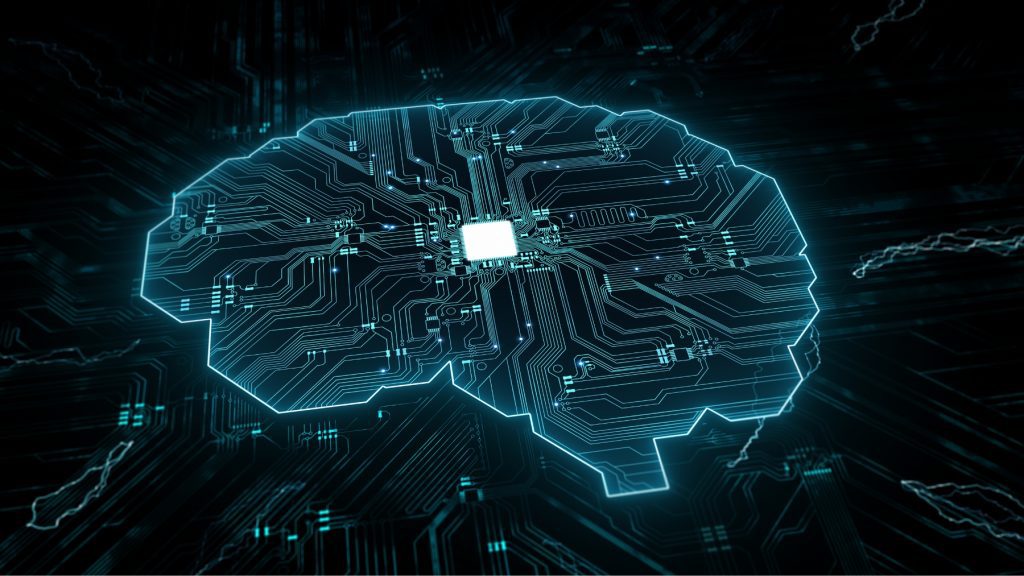
A team of ambitious researchers is pushing the boundaries of AI by exploring the fusion of human brain cells with AI technology.
- The team, in collaboration with Cortical Labs, was granted $600,00 to achieve the integration of human brain cells with AI.
- The DishBrain project aims to create programmable biological computing platforms by merging synthetic biology with AI.
On July 21st, a team of researchers led by Monash University was awarded a $600,000 grant from Australia’s Office of National Intelligence (ONI). The researchers aim to explore the fusion of human brain cells with AI, heralding the era of cyborg intelligence.
The team, led by Associate Professor Adeel Razi from Monash University’s Turner Institute for Brain and Mental Health, is collaborating with Melbourne-based startup Cortical Labs to achieve this unprecedented feat. They have already demonstrated the potential of their research by successfully using a cluster of approximately 800,000 brain cells in a Petri dish to play the classic video game “Pong.”
The project, known as DishBrain, seeks to create programmable biological computing platforms by merging synthetic biology with AI. By embedding brain cells into silicon chips and training them to perform tasks, the researchers aim to develop AI systems with the potential to outperform existing, purely silicon-based hardware. Associate Professor Razi envisions a future where this new technology surpasses traditional AI capabilities.
He told Inside Telecom that ‘This new project will use the mechanistic insights gained from lifelong learning capability in DishBrain to develop generalizable AI algorithms.” In fact, the outcomes of such research would have significant implications across multiple fields such as, but not limited to, planning, robotics, advanced automation, brain-machine interfaces, and drug discovery, giving Australia a significant strategic advantage.
The team’s approach to the fusion of brain cells with AI relies on harnessing the brain’s innate ability for lifelong learning. Unlike conventional AI, which suffers from “catastrophic forgetting” – forgetting previously learned information when starting new tasks – the DishBrain project aims to understand and replicate the biological mechanisms behind continual lifelong learning in brains. By doing so, they hope to create AI systems that can learn throughout their lifetime, adapting to new challenges while retaining knowledge from past experiences.
The potential applications of this fusion of brain cells with AI are vast, with possible implications for self-driving cars, autonomous drones, delivery robots, and wearable devices. The melding of biological brain cells onto silicon chips could revolutionize machine learning and lead to highly adaptive AI systems capable of handling complex tasks with improved efficiency.
Australian scientists and academics, represented by the organization Australians for AI Safety, have called on the government to recognize the potential catastrophic or existential risks posed by AI. They advocate for the establishment of an AI Commission, like the Civil Aviation Authority, to regulate ethical standards of safety and transparency, investigate problems, and collaborate with international regulators to mitigate potential risks.
As the research into the fusion of brain cells with AI progresses, the team expects to develop AI machines that rival the learning capacity of biological neural networks. This ambitious project represents a significant step towards merging human brain cells with AI, unlocking new frontiers in technology, and revolutionizing the way machines learn and interact with the world.
Inside Telecom provides you with an extensive list of content covering all aspects of the tech industry. Keep an eye on our Intelligent Tech sections to stay informed and up-to-date with our daily articles.